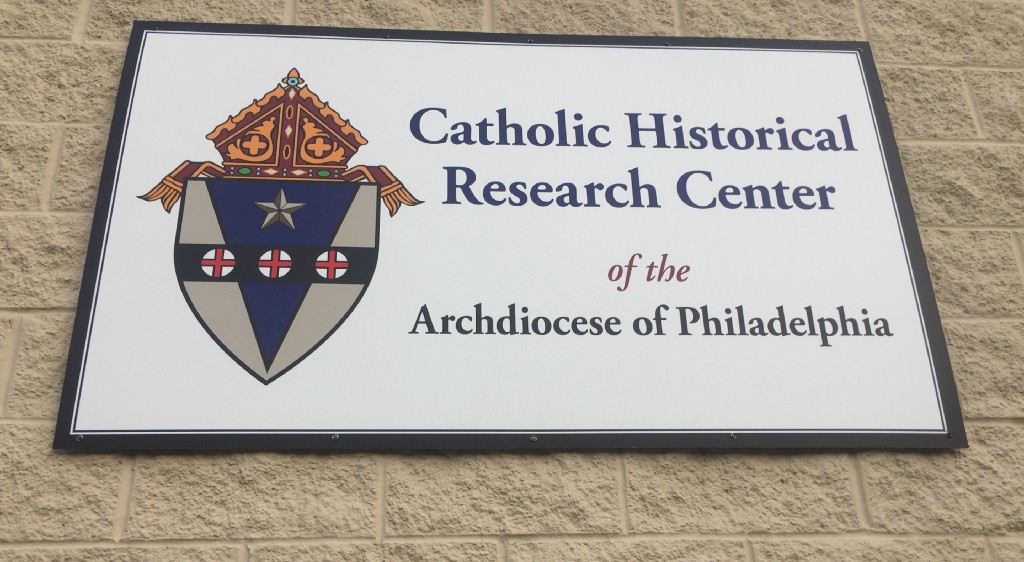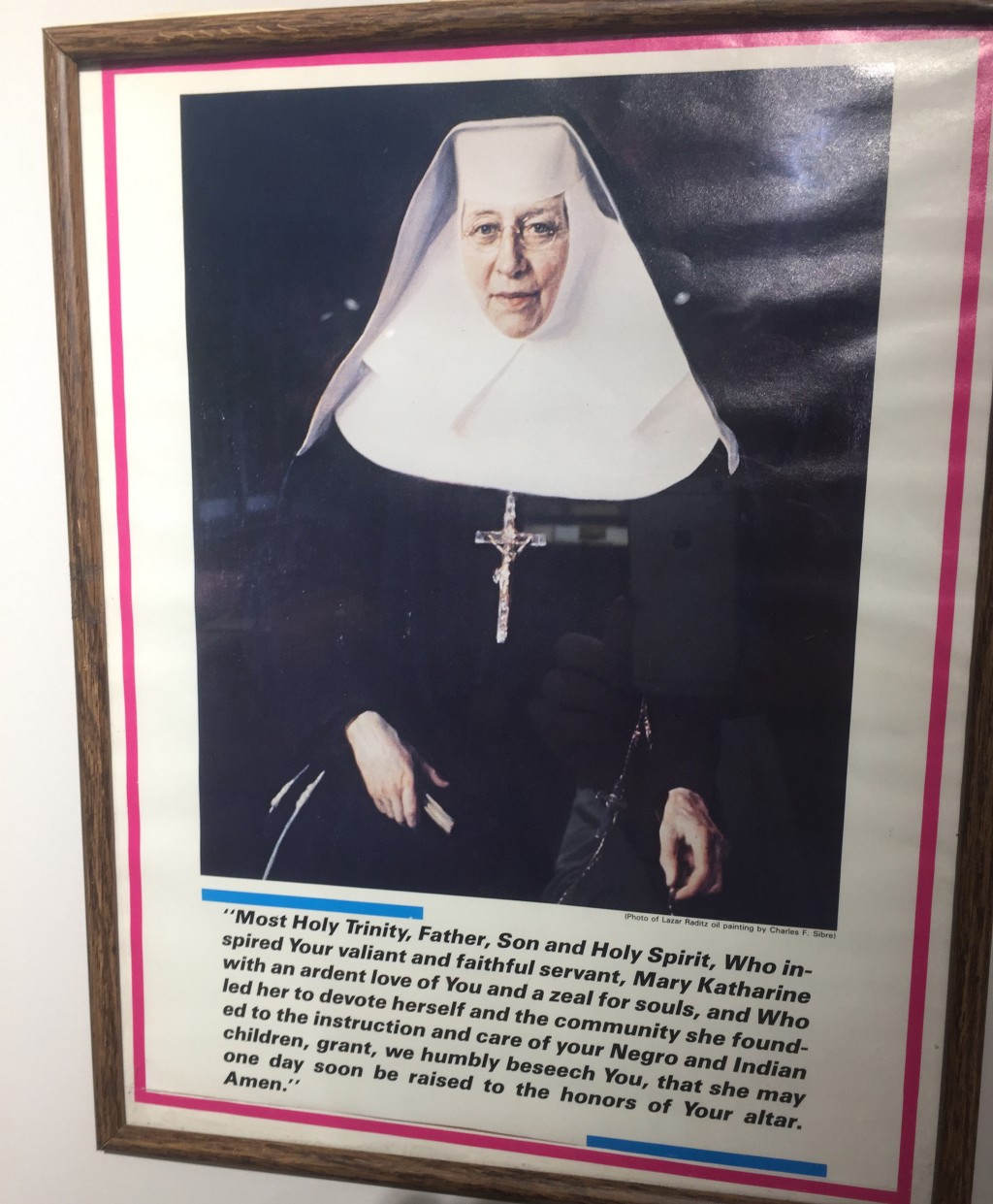Last week, the Archdiocese of Philadelphia dedicated its Catholic Historical Research Center at the former Our Lady of Ransom Elementary School in Castor Gardens.

Archbishop Charles Chaput was among those on hand last week as the Archdiocese of Philadelphia dedicated its Catholic Historical Research Center at the former Our Lady of Ransom Elementary School, 6740 Roosevelt Blvd.
The center had been located at St. Charles Borromeo Seminary in Wynnewood. The collection was recently supplemented by the acquisition of the archives of the Sisters of the Blessed Sacrament.
In 2012, the archdiocese closed Our Lady of Ransom School closed due to dwindling enrollment. Students were sent to Resurrection of Our Lord. The church, suffering from a decline in Mass attendance, closed in June. Parishioners were directed to Resurrection.
The archives are housed in a building that now has a state-of-the-art heating, ventilation and air conditioning system to help preserve the collection.
Auxiliary Bishop Michael J. Fitzgerald, who oversaw the relocation project, presided over the blessing and dedication on Sept. 21.

The archives include records, letters, books, parish histories, calendars and some 100,000 pictures of Catholic life in Philadelphia from 1935–99 from the collection of the legendary Robert S. Halvey, a volunteer and freelance photographer for the Catholic Standard and Times.
The archives of the American Catholic Historical Society are also on site and include papers of its founders, presidents and several prominent members. Also included is a collection of 19th-century Catholic newspapers from across the United States that includes several rare early ethnic newspapers.
The Sisters of the Blessed Sacrament archives includes the papers and letters of St. Katharine Drexel, artifacts of her life founding schools for blacks and American Indians, records of her canonization and materials relating to the founding of the order.
Among those in attendance was Sister Donna Breslin, president of the Sisters of the Blessed Sacrament, and members of the archives advisory board.
Chaput was happy that the project was completed on time and under budget, adding that the relocation is a “dream come true” because the archives will be more accessible and better maintained. Materials can be found on walls, in floor displays and in a library and other rooms.
Money for the project came from the Catholic Life 2000 campaign 17 years ago.
“We’re deeply grateful,” Chaput said. ••

